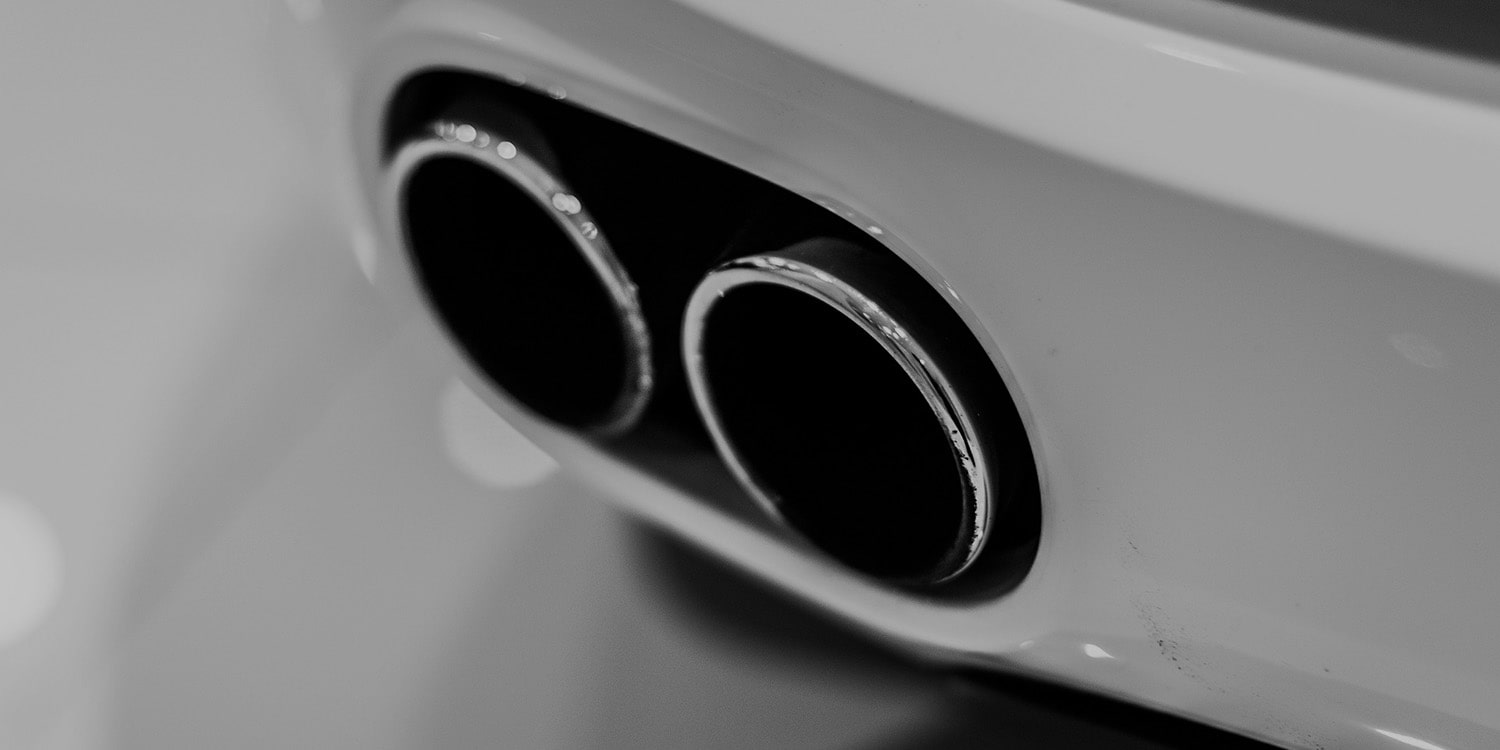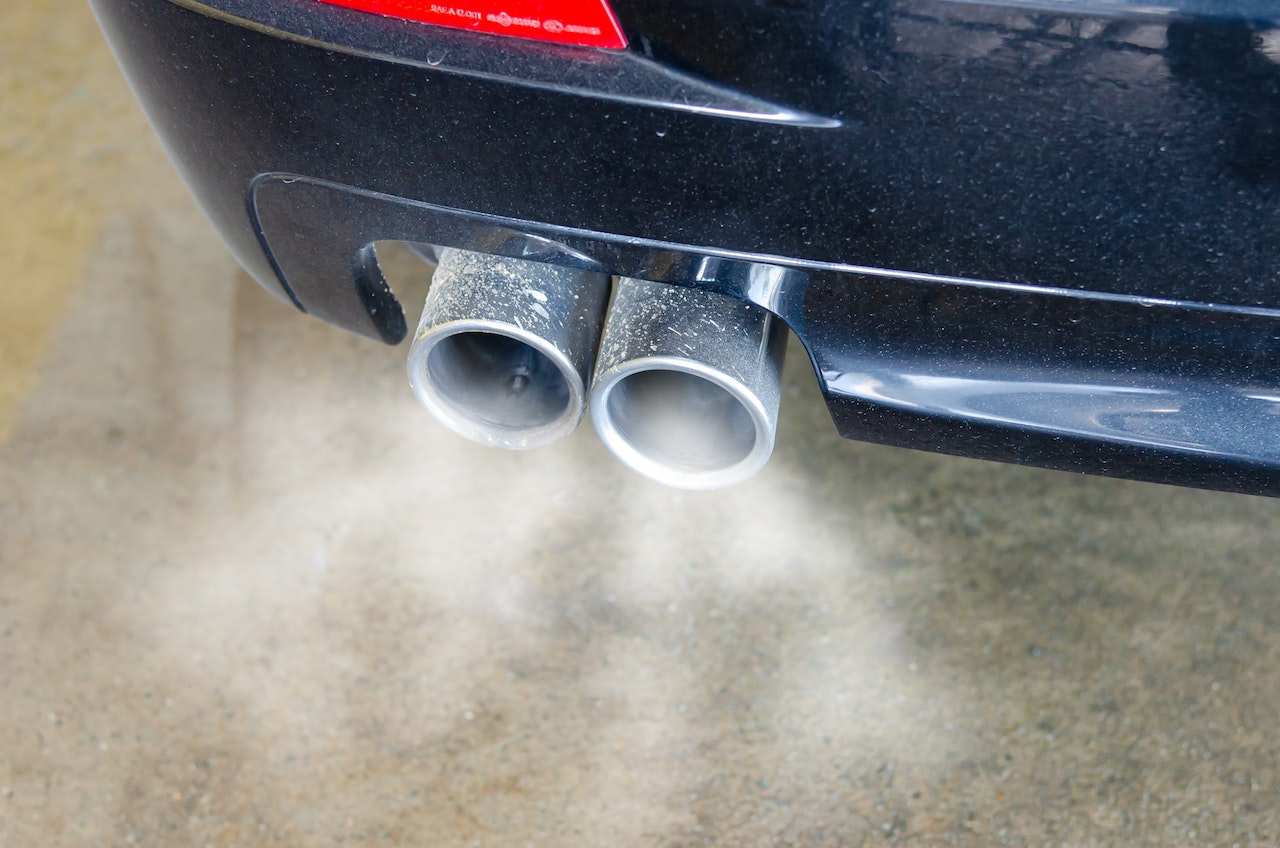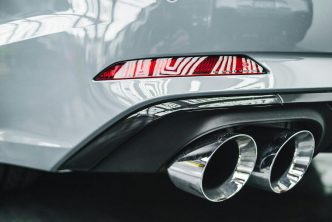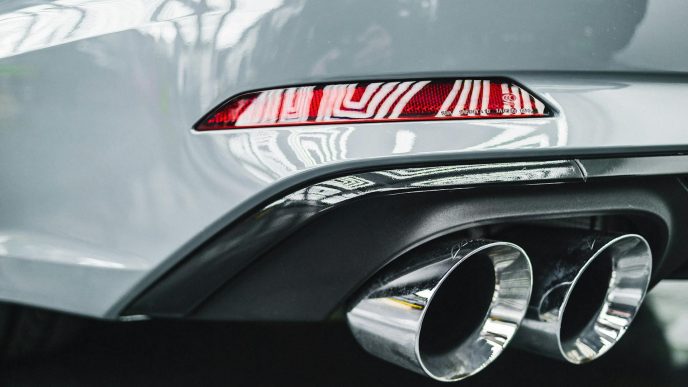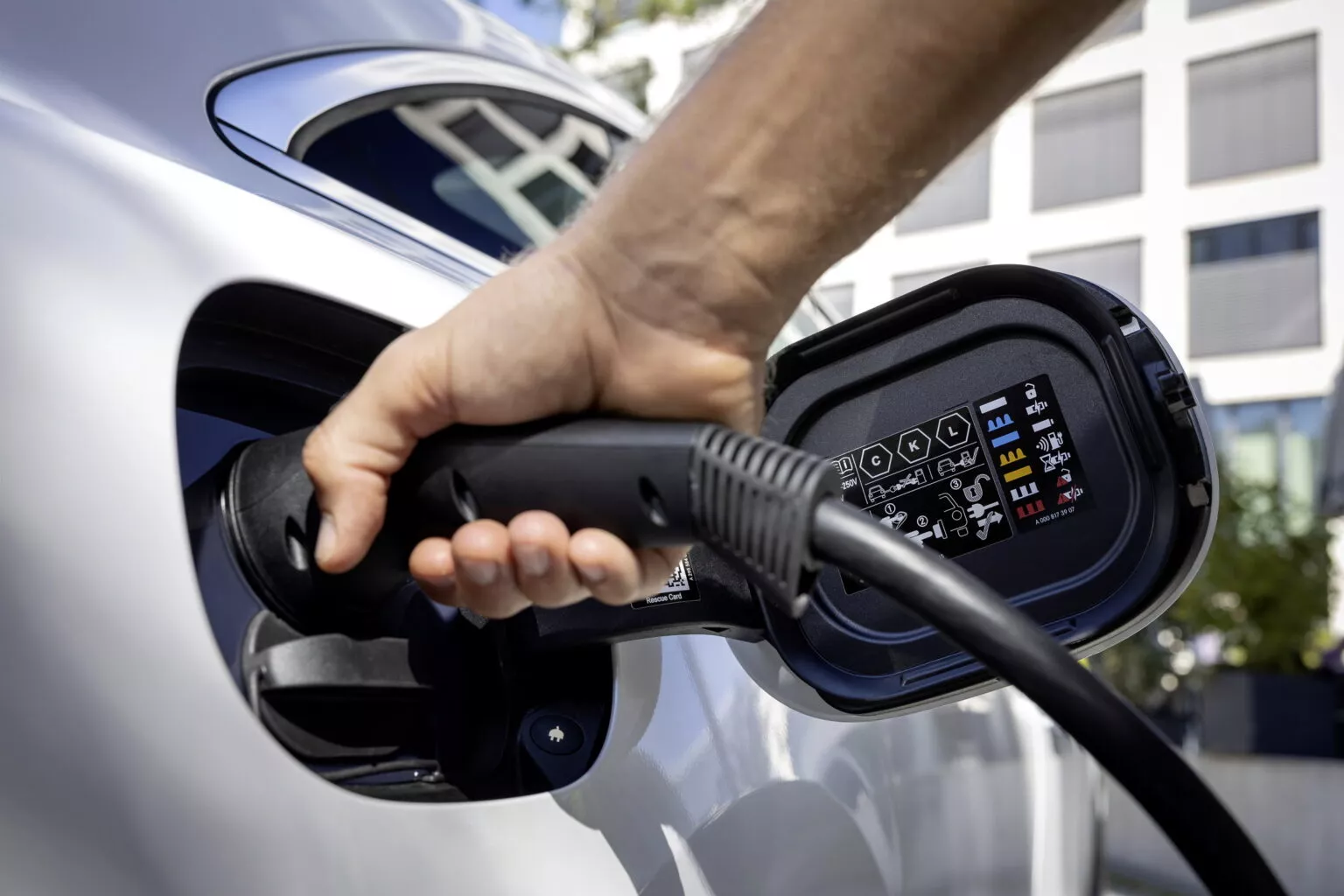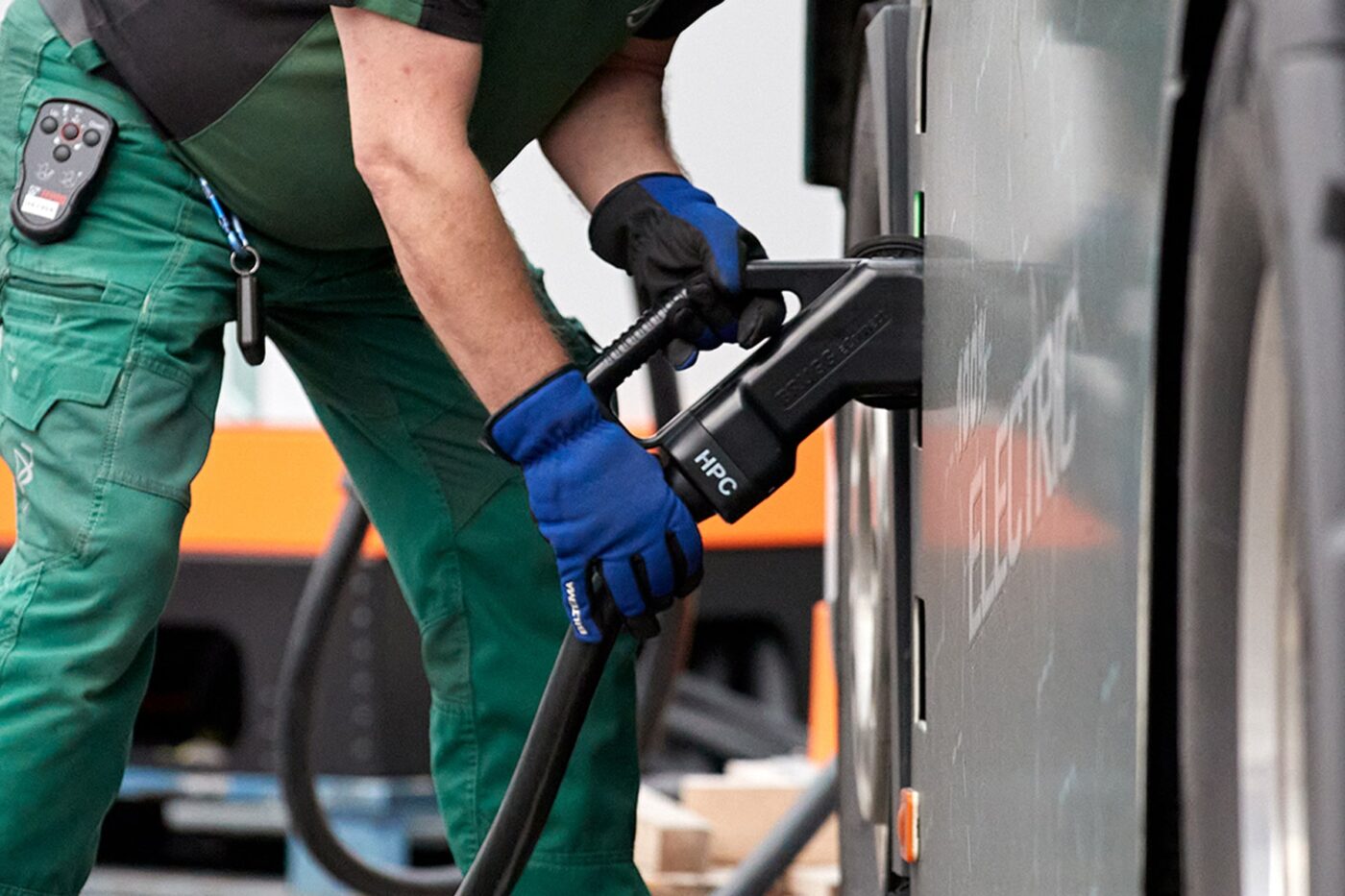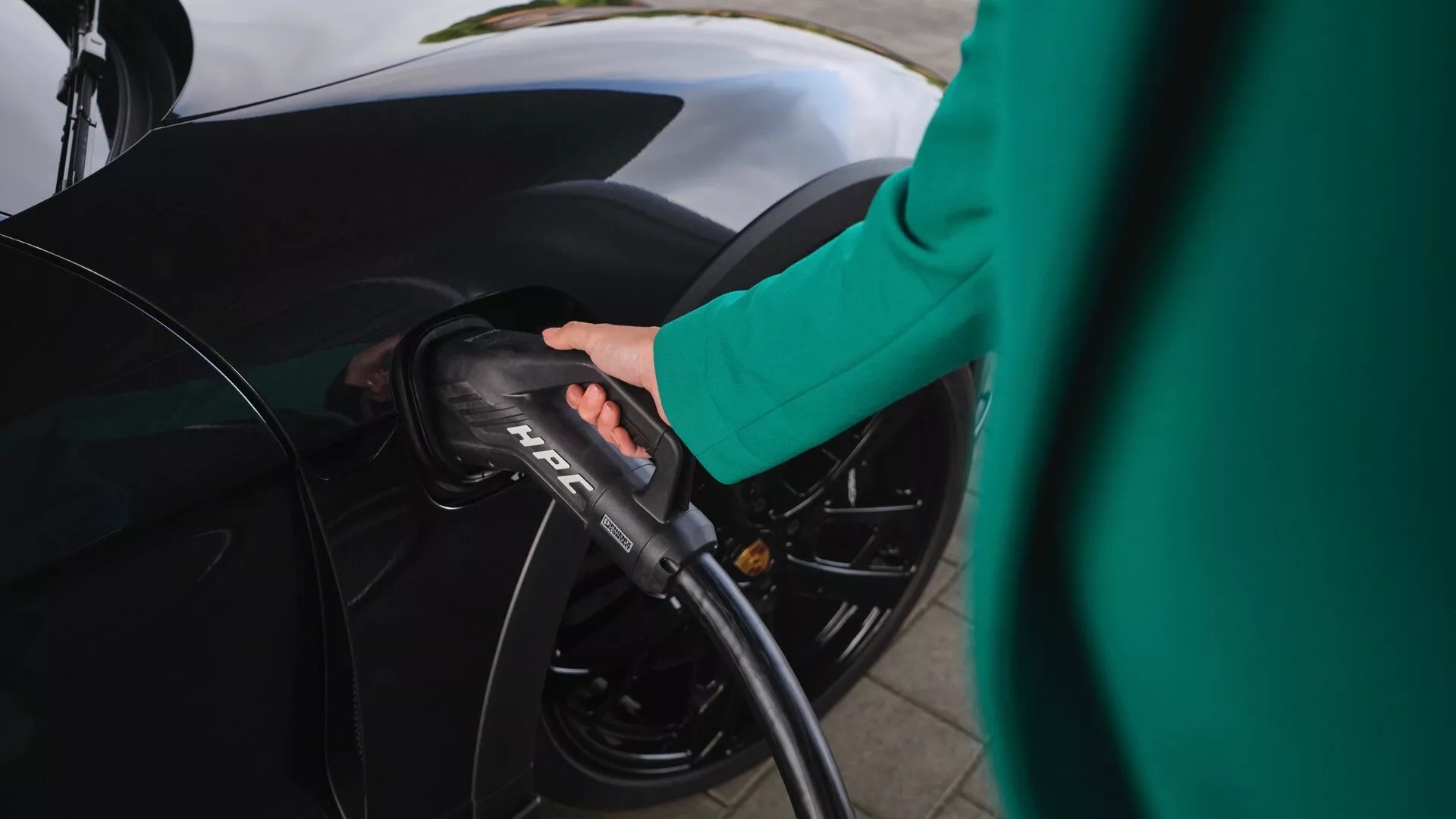The European People’s Party (EPP) in the European Parliament is seeking to reverse the ban on new combustion engine vehicles set for 2035, according to a position paper quoted by Der Spiegel. This move challenges European Commission President Ursula von der Leyen, who has firmly supported the current legislation as a cornerstone of the EU’s climate goals.
The EPP, led by Manfred Weber, plans to push for the repeal of the ban within the first 100 days of the new EU Commission’s term. The position paper argues for a “technology-neutral approach” that incorporates alternative fuels, such as biofuels and synthetic fuels, alongside electric vehicles. The proposal also calls for delaying stricter CO2 fleet limits from 2025 to 2027 to ease the financial burden on manufacturers. However, the paper does not question the EU’s overarching climate neutrality target for 2050.
German politician Jens Gieseke drafted the paper, which has not yet been approved by the parliamentary group. A vote is expected soon, potentially amending the proposals. The initiative follows mounting calls from industry and political groups, including the German automotive association VDA, to revisit the 2035 phase-out decision.
The EPP’s stance aligns with a broader industry push for flexibility amid economic and technological challenges. Volkswagen, Stellantis, and other automakers have emphasized the need for regulatory clarity to guide their long-term transition strategies. Jean-Philippe Imparato, Stellantis’ European head, noted that manufacturers would comply with current rules but cautioned against disruptions caused by policy uncertainties.
The proposal could strain relations within the EU leadership. Von der Leyen and key commissioners Apostolos Tzitzikostas and Wopke Hoekstra, both members of the EPP, remain committed to the 2035 phase-out and interim CO2 targets. The Commission has expressed frustration with what it sees as unilateral moves by the EPP that lack majority support among member states.
While some EU countries back a pragmatic approach to the shift to emission-free vehicles, others have raised concerns about the economic and social impacts of a rapid transition. The German government has taken a more cautious stance, focusing on easing penalties for manufacturers without directly opposing the fleet limits.
The EPP’s push could delay the EU’s green agenda and spark new debates about balancing environmental goals with economic realities. However, without clear support from the Commission and member states, the success of the EPP’s initiative remains uncertain.
Source: spiegel.de


